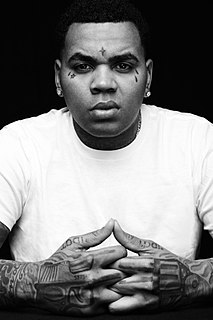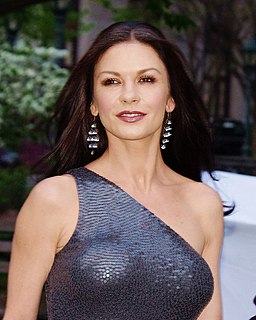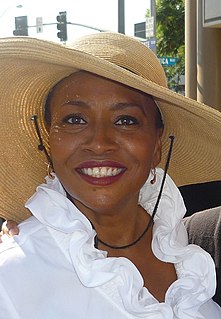A Quote by Carrie Fisher
I don't want to be caught ... ashamed of anything. And because generally someone who has bipolar doesn't have just bipolar, they have bipolar, and they have a life and a job and a kid and a hat and parents, so its not your overriding identity, it's just something that you have, but not the only thing - even if it's quite a big thing.
Related Quotes
I learned that I suffered from bipolar II disorder, a less serious variant of bipolar I, which was once known as manic depression. The information was naturally frightening; up to 1 in 5 people with bipolar disorder will commit suicide, and rates may even be higher for those suffering from bipolar II.
There are times when I think being bipolar gives me the ability to see and want and write things that other people cannot and do not. One of those is writing. Creativity is something that co-presents with bipolarity. There are other times when being bipolar legitimately sucks and leads you to a point where you want to kill yourself. Very odd thing when your brain which, evolutionarily speaking, should want you to survive is telling you to die.
For bipolar in adults, I think there's pretty good agreement about what this looks like. For bipolar in children, there is some considerable debate about where are the boundaries. At the mild end, are these just kids who are active? Is this the class clown at the very severe - is this something other than a mood disorder?
I have a type of bipolar that swings up and down all day long. There are significant mood swings within a day, within a week, within a month. I go through at least four major episodes a year. That's really the definition of bipolar rapid cycle. But I have ultra-rapid, so I have tiny little episodes all day long.

































